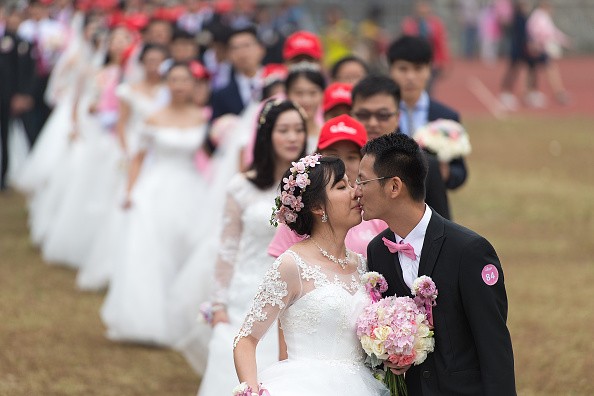Gone are the days when patriarchs in Chinese villages would hire matchmakers to find the perfect match for their sons and daughters.
Thanks to the Internet, everything’s just a click away. People can now meet people and find love online, or for those who are not keen very enough to marry, can rent a girlfriend/boyfriend.
But not everyone’s happy, especially 83-year-old Zhang Kelan, a matchmaker in Shandong province.
Zhang’s career has spanned half a century and has been an instrument to 104 happy couples in her village--with no divorce! But nowadays, business has not been so good.
“All were happy marriages. Not a single divorce,” she said in a report by China Daily.
Matchmaking is a common way of choosing spouse in ancient China. A matchmaker matches or “introduces” an unmarried man and woman.
Often hired by families, matchmakers said it could take up to a year to go through the premarital customs.
These include inquiries about names, the first meeting and further meetings, proposal, marriage, and smooth over the complicated customs, such as the dowry.
In a report released by Inquiries Journal, out of more than 8,000 Chinese couples surveyed in 1991 across seven provinces, 77 percent of the couples were married by parental involvement.
Parents would typically advertise their unmarried children by supplying their basic information such as: age, height, job, income, education, Chinese zodiac signs, personality, family values, or even his/her picture.
Advertisements were usually posted around the park, and notice boards.
Some parents would go to the extent of lingering around the vicinity of their advertisement looking for a potential/interested buyer--without the knowledge of their single children.
The survey added that the lack of financial security among parents of unmarried children often lead them to finding suitable marital spouse for them.
But now that young adults have joined the migrant work force, they are somewhat more financially stable and independent.
They can now meet, get married, and settle down on their own without their parents’ interference, making the village matchmaker service, well, obsolete.



























